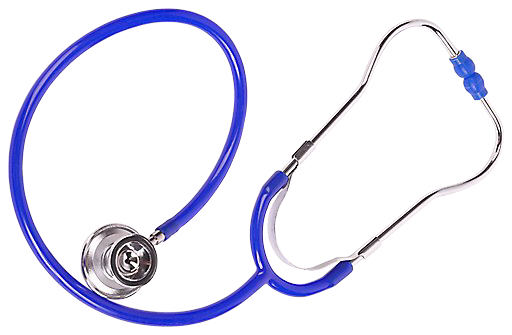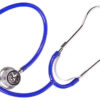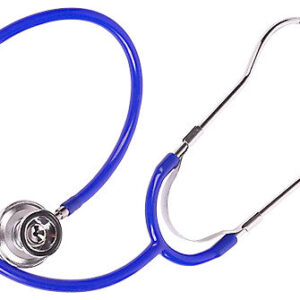For the first time in over four decades, researchers are returning to examining the therapeutic benefits of mind altering substances, including MDMA (ecstasy), psilocybin (mushrooms), marijuana and LSD.
In the 1970s the study of all psychedelics was criminalized in the US, despite emerging evidence of their medical value. Over the past decade, the Multidisciplinary Association for Psychedelic Research (MAPS) has helped to revive psychedelic research, sponsoring studies across the United States and around the world, including MDMA-assisted therapy for PTSD, and end-of-life anxiety. The results have been very positive, lasting over 72 months of follow-up, with few adverse effects.
Psychedelics may promote a deepening and acceleration of the psychotherapeutic process. During therapy, people often are able to access and find peace with disavowed, “exiled” parts of themselves.
In this workshop recording the founder of MAPS will describe the evolution of psychedelic therapy, the principal investigator of the Phase I and II level trials will discuss outcomes and processes, the PI of the Hopkins psilocybin study terminally ill patients and a marijuana researcher the promises and pitfalls for that substance. The Boston MDMA study team will discuss clinical experiences and applications.
In appropriate therapeutic contexts, psychedelics may prove to be more effective than most conventional treatments, as well as safer and more cost-effective.


